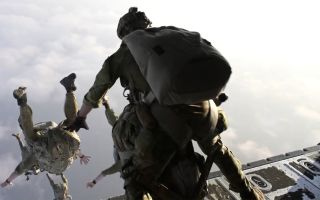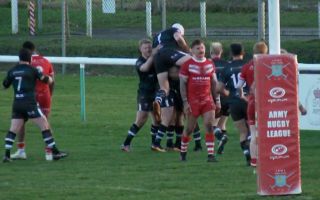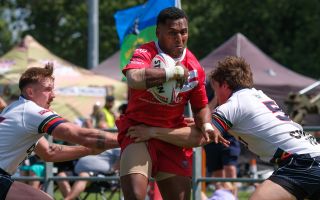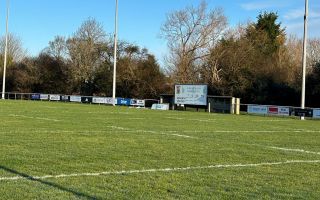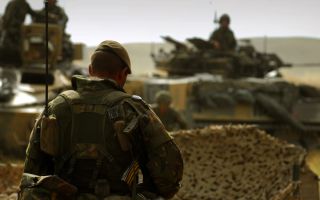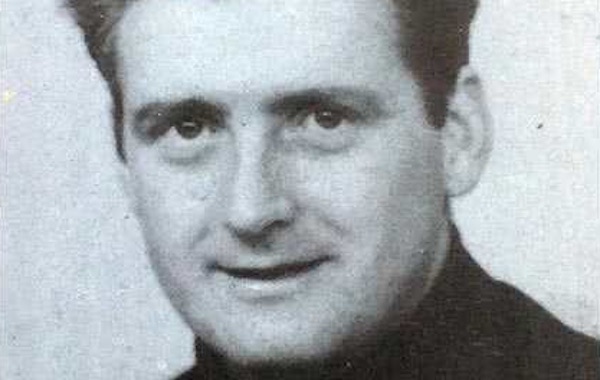
Coroner Names British Soldier Who Killed Father Of Six In Belfast

A coroner has named a British soldier who shot dead a father of six outside a Belfast police station, after mistaking a van backfiring for a gun attack.
Now deceased, Sergeant Allan McVitie from the Parachute Regiment fired two shots that killed van driver Henry Thornton (pictured above) in 1971.
Coroner Brian Sherrard had already ruled the paratrooper's actions were not necessary, reasonable or proportionate.
Today, he lifted an anonymity order that had prevented Mr McVitie's identity being revealed to Belfast Coroner's Court.
Mr Thornton, 29, died almost instantly when the soldier shot him through the rear of his Austin works van close to Springfield Road police station in west Belfast in August 1971.
Mr Thornton, from Silverbridge, Co Armagh, and his colleague Arthur Murphy were driving to work early in the morning when the incident unfolded outside a police station that was repeatedly attacked during the Troubles.
Mr Sherrard delivered his preliminary findings last year.
The only addition in his final ruling was the insertion of Mr McVitie's name.
The coroner acknowledged that the paratrooper chased after the van with the "honestly-held belief" that shots had been fired at the police station.
However, he said his decision to open fire himself was not justified, even if the occupants had been armed. The coroner said there were other non-fatal options open to the soldier.
No weapon was found in Mr Thornton's van.
"There is no evidence that Sergeant McVitie considered a less forceful response to the situation than the death of the driver," said the coroner.
Mr Sherrard added:
"The shooting of Mr Thornton was neither a necessary nor reasonable nor a proportionate response to the situation that Sergeant McVitie actually encountered or thought he encountered."
A lawyer for the Ministry of Defence passed on his condolences to Mr Thornton's family.
Mr Sherrard assured the MoD barrister the lifting of the anonymity order would not set a precedent.
"Each and every one [anonymity applications] has to be looked at on its own merits," he said.
The coroner praised the dignity with which Mr Thornton's family had conducted themselves throughout the lengthy inquest proceedings.
Outside court, Mr Thornton's widow Mary welcomed the move to name the soldier who killed her husband.
"The way I look at it is, he shot him, so why not. He should have been named."
Mrs Thornton said the proceedings had brought some closure for the family - in particular her children.
"They grew up without their daddy and it was hard on them too - it was troubled times," she said.
"They couldn't understand why he was shot. He was just an ordinary father who lived for myself and the children."
The coroner dismissed as "implausible" evidence given at the inquest by another soldier.
Soldier C claimed the van had driven towards the police station's security checkpoint at speed and he had seen smoking weapons protruding from its windows after hearing the loud bangs.
"He was inaccurate in his recollection and interpretation of events," said Mr Sherrard.
The coroner added: "There was never any weapon."
Soldier C had relayed his account of a gun attack to Sergeant McVitie, who then ran down the street after the van - which was stopped at traffic lights - dropped to his knee and fired his rifle at the back of the vehicle.
Both rounds penetrated the back door and struck Mr Thornton in the driver's seat - one in the back and one in the head. The coroner said he would have died "very rapidly".
"Sergeant McVitie proceeded on the honestly-held but false belief that the van's occupants fired shots on the station."
MORE: Former Soldiers Face Charges Over Official IRA Man's 1972 'Murder'

